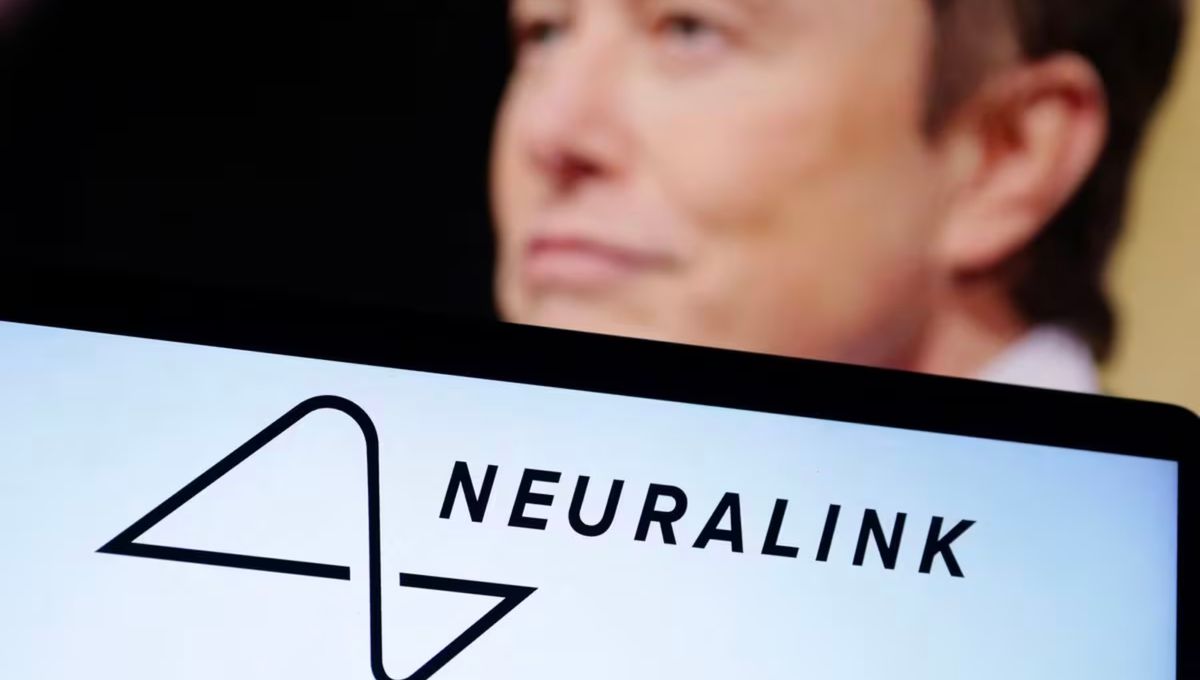
In a massive step forward for Elon Musk’s controversial Neuralink project, the tech billionaire announced yesterday that the startup has implanted a brain chip into a human subject for the first time. Revealing the news in a post on X (formerly Twitter), Musk gave little detail but did say that the recipient is “recovering well”.
“Initial results show promising neuron spike detection,” Musk wrote on the social media platform that he purchased in 2022. In this context, spikes are peaks of electrical activity generated by neurons, although it’s unclear at this stage exactly how successful the procedure has been or what outcome the patient might be able to expect.
Neuralink is developing a brain-computer interface implant with the goal of allowing humans to control devices using only their minds. Ostensibly, the company’s intention is to help people suffering from paralysis to operate equipment that would allow them to communicate and move around more easily.
However, the prospect of such a technology also opens up possibilities for more outlandish uses, such as brain-to-brain communication, thought-hacking, and the ability to live forever by downloading old brains into young bodies. These whimsical applications are still a long way off, although the start of Neuralink’s first human trial is sure to set imaginations running wild.
Approval for the so-called PRIME Study was granted last year by the US Food and Drug Administration. According to Neuralink, the trial involves the use of a robot to surgically connect the implant’s ultra-fine threads to participants’ motor cortices.
The purpose of the study is to evaluate the safety of the procedure, and the announcement comes shortly after the company was fined for violating the rules that govern the transport of hazardous materials. During inspections of Neuralink’s facilities early last year, officials from the Department of Transportation found that certain dangerous chemicals had been improperly packaged.
Neuralink has also been continually dogged by accusations of animal cruelty during its earlier experiments on macaques. According to complaints raised by the Physicians Committee for Responsible Medicine (PCRM), several monkeys were severely harmed by the device, with some going on to suffer from infections, brain swelling, paralysis, seizures, and depression.
The accusations, which were sent to the Securities and Exchange Commission, state that numerous monkeys were euthanized as a direct result of the damage caused by the brain chip. In response, Musk has publicly stated that no animals have ever died due to a Neuralink implant.
Source Link: Elon Musk’s Neuralink Implants First Brain Chip Into Human Subject